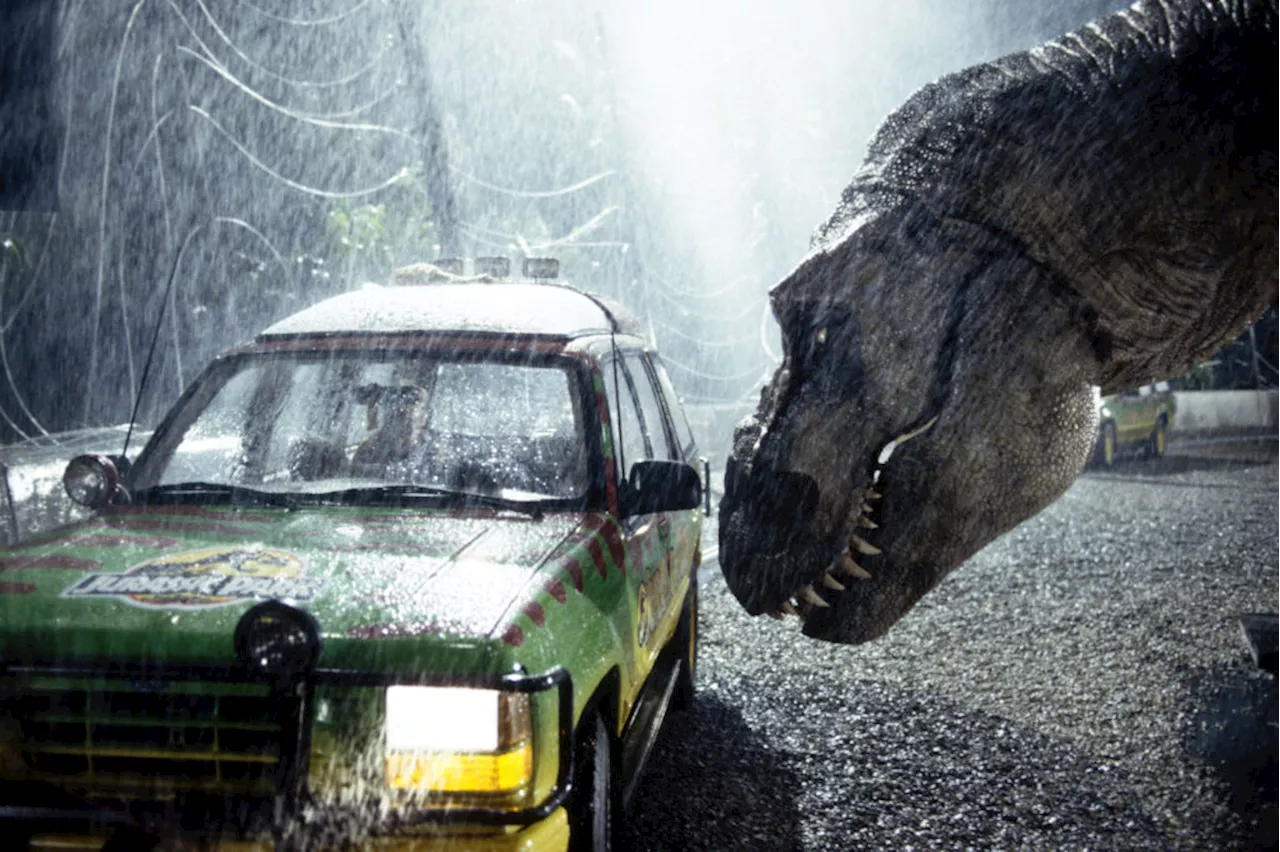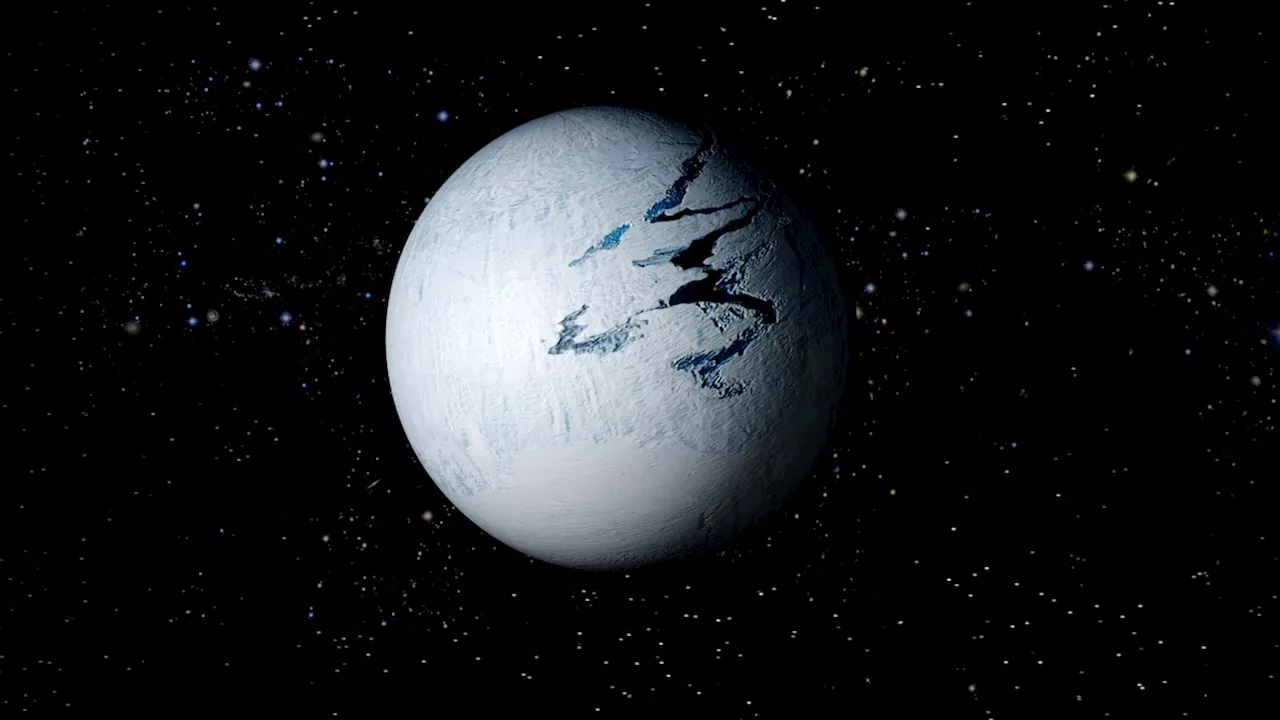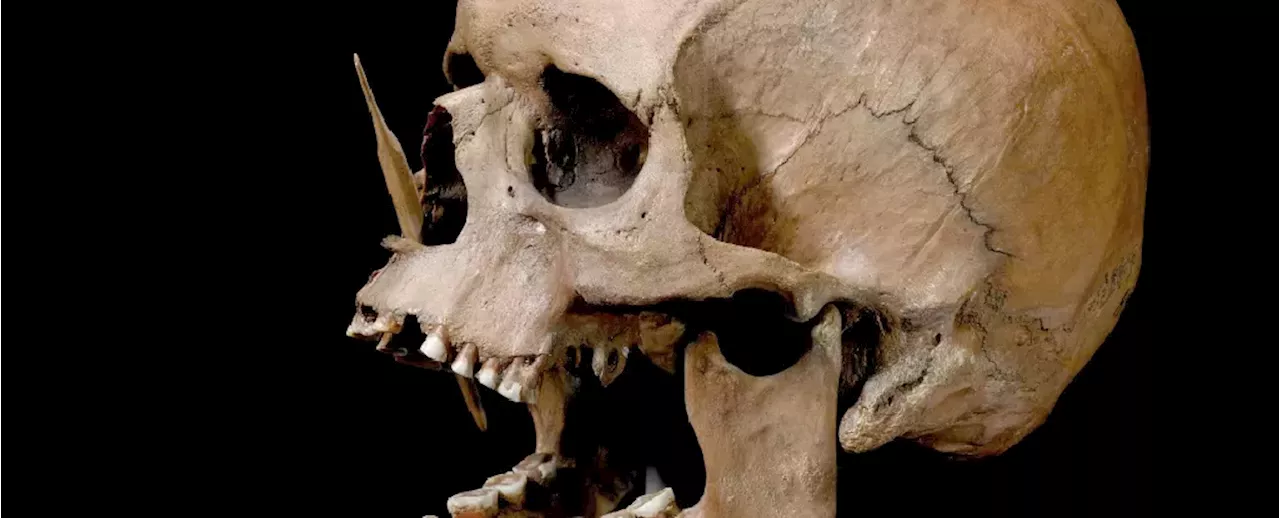The Best in Science News and Amazing Breakthroughs
The rise of farming in late Stone Age Europe was no smooth transition from hunter-gatherer lifestyles but a bloody takeover that saw nomadic populations wiped out by farmer-settlers in a few generations, a new study has found.
The analysis shows that around 5,900 years ago, a farmer population drove out the hunters, foragers, and fishers who had previously populated Scandinavia, and lopped forests to make farmland., and the new study shows that hunter-gatherer DNA was essentially erased, hardly detectable in the genomes of Scandinavia's first farmers.The newcomers carried with them their ancestry from the Yamnaya, a livestock-herding people with origins in southern Russia.
United States Latest News, United States Headlines
Similar News:You can also read news stories similar to this one that we have collected from other news sources.
 The Challenges and Rewards of Ancient DNA ResearchThe study of human evolution wins a Nobel Prize, but the challenges of ancient DNA research are highlighted. Public interest and media attention sometimes steer the science, while the true value of answering scientific questions is overshadowed.
The Challenges and Rewards of Ancient DNA ResearchThe study of human evolution wins a Nobel Prize, but the challenges of ancient DNA research are highlighted. Public interest and media attention sometimes steer the science, while the true value of answering scientific questions is overshadowed.
Read more »
 ‘Tragic scene:’ Toddler dies after being struck by vehicle in parking lot of NW Houston hotelA 18-month-old girl has died after being hit by a vehicle in northwest Houston Tuesday.
‘Tragic scene:’ Toddler dies after being struck by vehicle in parking lot of NW Houston hotelA 18-month-old girl has died after being hit by a vehicle in northwest Houston Tuesday.
Read more »
 Stone Tools Question the Evolution of Ancient Human Culture and TechnologyA familiar theory of cultural evolution says early humans experienced a 'revolution' in development, but new research shows that the process may have been more gradual.
Stone Tools Question the Evolution of Ancient Human Culture and TechnologyA familiar theory of cultural evolution says early humans experienced a 'revolution' in development, but new research shows that the process may have been more gradual.
Read more »
 Three new ancient shark species discovered in Alabama and KentuckyLaura is a science news writer, covering a wide variety of subjects, but she is particularly fascinated by all things aquatic, paleontology, nanotechnology, and exploring how science influences daily life. Laura is a proud former resident of the New Jersey shore, a competitive swimmer, and a fierce defender of the Oxford comma.
Three new ancient shark species discovered in Alabama and KentuckyLaura is a science news writer, covering a wide variety of subjects, but she is particularly fascinated by all things aquatic, paleontology, nanotechnology, and exploring how science influences daily life. Laura is a proud former resident of the New Jersey shore, a competitive swimmer, and a fierce defender of the Oxford comma.
Read more »
 An asteroid may have turned ancient Earth into a snowballMore than 600 million years ago, the planet would have been unrecognizable.
An asteroid may have turned ancient Earth into a snowballMore than 600 million years ago, the planet would have been unrecognizable.
Read more »
